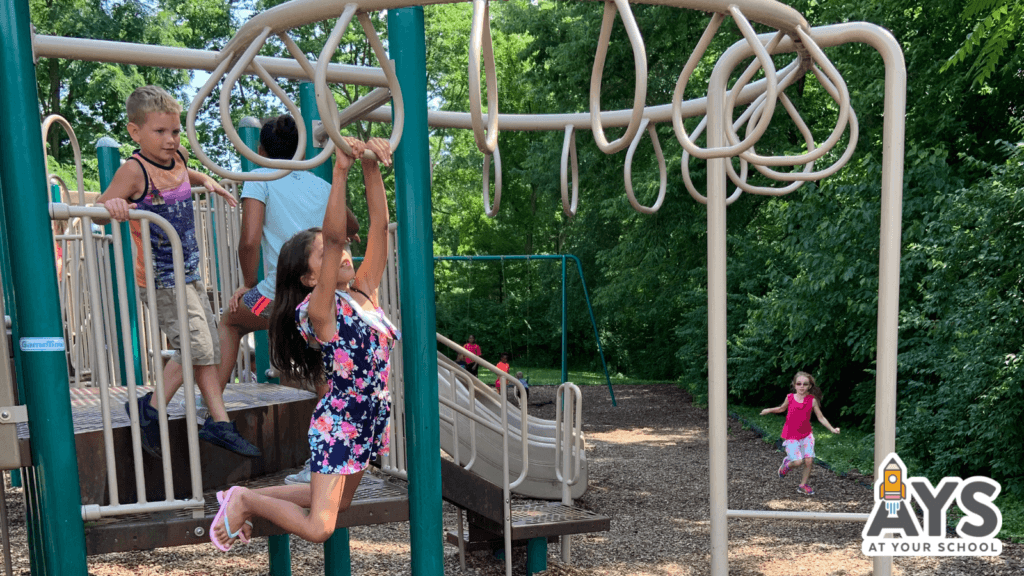
Each person, regardless of age, has a preferred learning style that highlights how we best process, retain, and recall information. There are seven standard learning styles – visual, auditory, kinesthetic, verbal, logical, social, and solitary. Play is one activity that involves each of these styles. Whether it’s guided or unstructured, learning through play allows youth the opportunity to practice important executive function and self-regulation skills, like paying attention and limiting impulsive responses while remembering and updating information.
Opportunities and activities to learn through play in kindergarten and elementary school vary as the child grows, but many of the key benefits remain the same.
Reasons to encourage play in a learning environment:
1: It helps develop problem solving, cooperation, and social understanding.
2: Gamifying lessons allows students to use their imagination while taking a brain break from more structured academic activities.
3: Multisensory play improves children’s recollection of concepts by seeing it, building it, singing it, etc.
4: Games that involved strategy give youth the opportunity to both plan and adjust as needed, which builds their executive function skills.
5: Play increases socialization for students and engages both intrinsic and extrinsic motivation.
At AYS, our youth development staff members facilitate play-based learning by participating in activities alongside our students. We build stronger relationships with the children in our care by giving them time, space, and freedom to play the way they choose as they engage in staff-led activities that motivate them to move, create, and think outside of the box.
